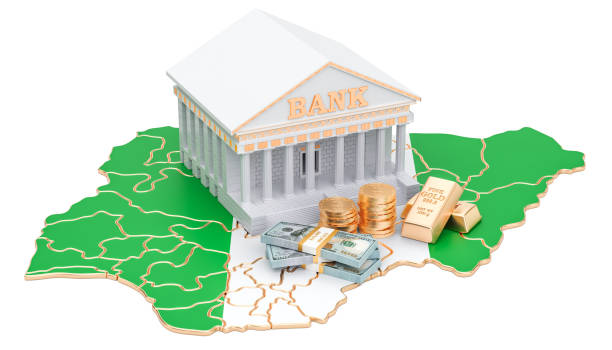The oil sector’s contribution to Nigeria’s Gross Domestic Product (GDP) fell by 13.7 per cent between the first and second quarters of 2023 according to data obtained from the National Bureau of Statistics (NBS).
Prime Business Africa understands that the decline represents N470 billion, as the oil sector contributed N2.94 trillion in Q2 2023, falling below the N3.41 trillion reported in Q1 of the same year.
Join our WhatsApp ChannelHowever, compared to the corresponding period of the second quarter in 2022, the oil sector also accounted for N2.94 trillion, the data from the country’s bureau office showed.
The contraction in the oil sector slowed the growth of the GDP, which rose by 2.51 per cent in the second quarter of 2023, compared to 2.31 per cent in Q1 this year and 3.54 per cent in Q2 2022.
Ripple effects of oil sector contracting?
According to the former Statistician General of the NBS and the Chief Economist at KPMG, Yemi Kale, the decline in the oil sector will negatively impact other industries dependent on the oil sector.
He listed industries like the manufacturing sector, as manufacturers obtaining foreign exchange are dependent on receipts from oil sales.
In his submission during an interview with AriseTV, Kale said: “I have a theory that 62% of the economy is dependent directly or indirectly on what happens in the oil sector.
“So, if the oil sector remains in contraction, we (the economy) will not grow significantly more than the 2% or 3% that we are seeing until we fix that sector because it is really important.
“So, it (GDP figures) is not surprising since oil production slowed down in the first month of the third quarter, as long as this continues, we will continue having slow economic growth.”
He stated that sectors not oil-dependent will survive the contraction of the oil sector, reasons why the telecommunications, arts and entertainment sectors are growing.
Why is the Oil sector failing to increase GDP contribution?
Transition to green energy from fossil fuels in the global energy market, as well as insecurity arising from oil theft and vandalism are some of the reasons the oil sector is struggling to raise its GDP contribution.
According to Kale, the government cannot control the transition ongoing in the global market, “There isn’t much we can do in the oil sector considering our OPEC quota,” he stated.
However, the insecurity faced by oil companies needs to be fixed, the Economist said. He recalled having recommended solutions like censors to monitor breaches.
For Kale, declaring a state of emergency on the oil sector is not what the industry needs, “I don’t think it’s that difficult to fix the security issues in the sector.
“I have recommended censors on the pipelines so that when there is a breach, there is a monitoring station that can dispatch security to where it is happening, and this is not expensive,” he disclosed.
Kale further added, “In fixing the security issues, I don’t think it is declaring a state of emergency that makes it work. We just have to fix security and take it seriously.”
Oil theft and vandalism have been blamed for the decline in Nigeria’s crude output, which fell to an average daily oil production of 1.22 million barrels per day (mbpd) in Q2 2023, compared to 1.43mbpd recorded in the same quarter of 2022 and 1.51 mbpd in Q1 this year.

















Follow Us